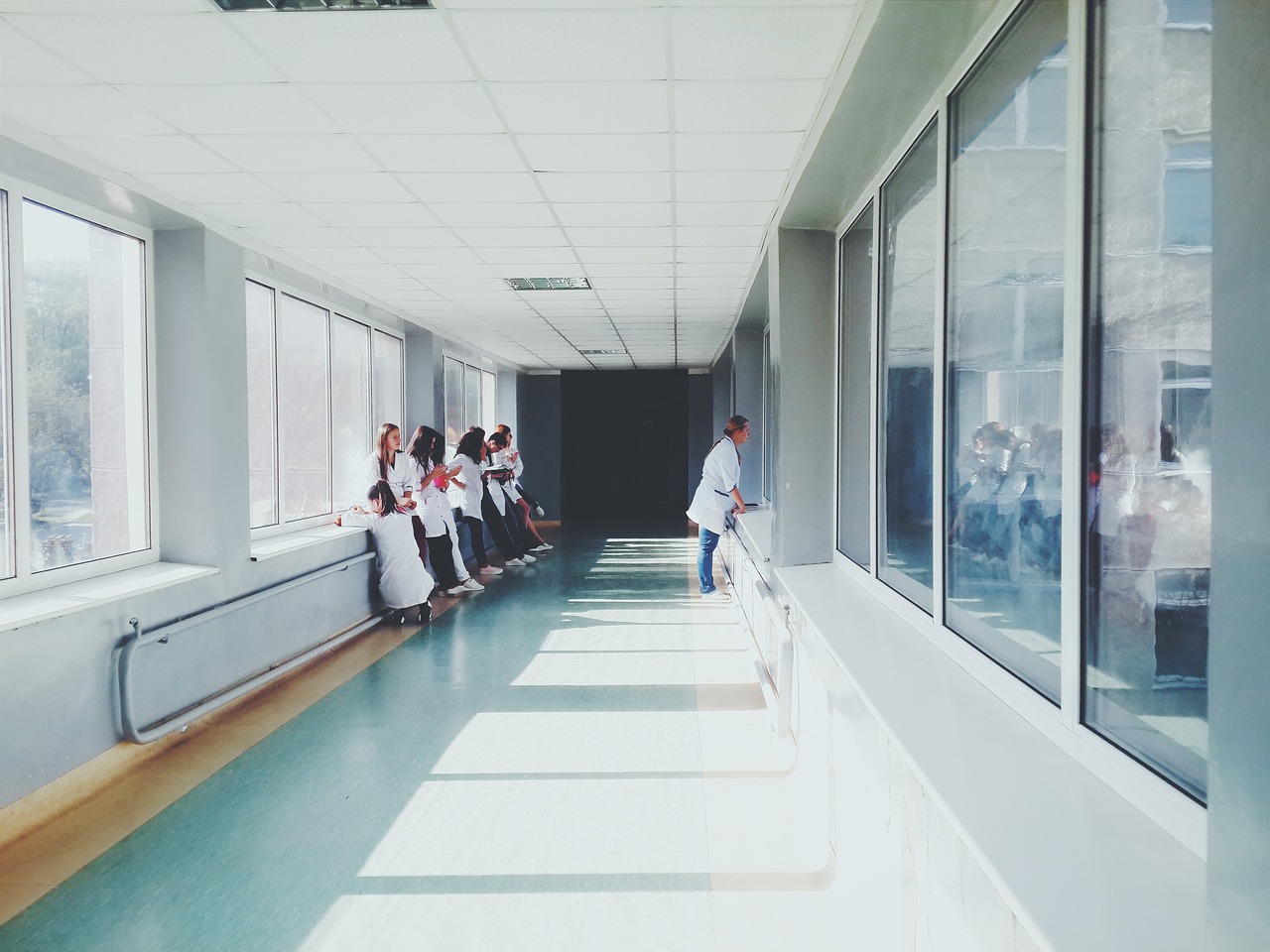02
Oct 2024
Community Welcome to Discover the New Rouse Hill Hospital
Published in News on October 02, 2024

Residents of the Hills and nearby communities are invited to learn more about the design of the upcoming Rouse Hill Hospital at a series of information sessions starting this month.
Planning for the new hospital is moving forward as part of the NSW Government's $700 million initiative to enhance healthcare services for the Hills and surrounding areas.
These community information sessions, hosted by the Western Sydney Local Health District (WSLHD), will be held in the coming weeks. Attendees can explore the plans, ask questions, and share their feedback.
Information session details:
- Saturday, 24 August: 11:00 AM – 1:00 PM at Galungara Reserve, Farmland Drive, Schofields
- Wednesday, 28 August: 12:00 PM – 2:00 PM at Westmead Hospital, Entrance 4
- Wednesday, 28 August: 4:00 PM – 6:00 PM at Vinegar Hill Memorial Library, Rouse Hill, Nina Perry Room
- Tuesday, 3 September: 10:00 AM – 2:00 PM at Castle Towers, near Coles
- Sunday, 8 September: 10:00 AM – 4:00 PM at Sydney Boutique Markets, Rouse Hill Town Centre
- Thursday, 12 September: 1:00 PM – 3:00 PM at Blacktown Hospital, Hospital Street, outside Gloria Jeans
Rouse Hill Hospital is expected to include:
- Emergency department and urgent care centre
- Inpatient beds and day surgery unit
- Short-stay medical assessment services
- Pathology, pharmacy, and medical imaging
- Outpatient services, including paediatrics, renal dialysis, and maternity care
- Virtual care and hospital-at-home services
- Prehabilitation, rehabilitation, and lifestyle medicine
The hospital will offer a range of services, including hospital stays for those needing medical supervision, surgery recovery, or extended care. This is especially important for families seeking nearby accommodation during extended hospital stays. Convenient hospital stays accommodation is essential, and nearby options for fully furnished apartments and short-term rentals will cater to patients and their families. These accommodations provide comfort, proximity, and flexibility during recovery periods.
Once planning and community consultation are finalized, the full range of services will be confirmed. Feedback from residents, staff, and stakeholders will play a key role in shaping the hospital's design.
The project is expected to create around 1,200 direct jobs and thousands of indirect ones throughout construction.
As part of the NSW Government’s $3 billion investment in health infrastructure for greater western Sydney, the Rouse Hill Hospital will complement other major projects, including:
- $1.3 billion for a new Bankstown-Lidcombe Hospital
- $550 million for Fairfield Hospital redevelopment
- $540 million for an Integrated Mental Health Complex at Westmead Hospital
- $350 million for Canterbury Hospital redevelopment
- $120 million for expanding bed capacity at Blacktown and Mount Druitt Hospitals
Health Minister Ryan Park stated, "This $700 million investment ensures the growing population in this region will continue to receive world-class healthcare for years to come. The hospital’s planning will be guided by input from the community and stakeholders to meet future needs."
Member for Riverstone Warren Kirby added, "This is a fantastic opportunity for residents to be involved in shaping the future of healthcare right in our community. Our government is now delivering on the promise of Rouse Hill Hospital, which had previously lacked funding."
WSLHD A/Chief Executive Alison Derrett said, "This hospital will address the community's evolving healthcare needs by integrating hospital services with urgent care, early intervention, and in-home care strategies. Additionally, we are working towards building a stronger health workforce, with more information on recruitment to follow."









